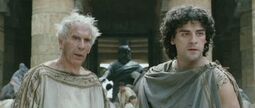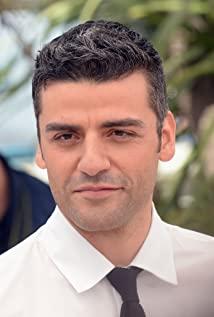. At the end of the film, I cried because of false teachings, Davus' complicated love, and Hypatia's eyes that looked up to the sky and the oval roof. The
heroine Hypatia is beautiful and intelligent. She pursues philosophical truth. She dreamed of unraveling the mysteries of celestial motion and she did it.
She only cared about science. She believed in science and questioned science. She knelt down and looked at the birth sun. She was beautiful as a woman. She was so good that men feared her. It doesn't belong to any man She dedicated herself to Philosophy and Science Such a woman Needless to say she is beauty
incarnate While exercising in the library while salvaging books Hypatia prods Davus over and over again
He is so humble in love with her Just touching her feet in bed is satisfied And Davus' anger His betrayal makes Hypatia Gave him his freedom Since then he has seen more and more of another side of Christianity, an act that is no longer as simple as sending bread and he was confused
when Hypatia was caught that witch was to see her one more time to make her Do you look back once more (I don't know this very well, I've watched it many times and it feels like Davus is shouting)
Davus hugged Hypatia who was shaking all over, he looked at her She looked at her and it was a tacit understanding "It's okay, it's very It's going to be okay." I thought the two were kissing but the camera turned and it was. . . What kind of love is this? Love for Hypatia, love for God? The appearance of the boy in the past and the appearance of the master are so clearly imprinted in my mind. There are
so many cases of slaughter and persecution in the name of religion that I can't bear to recall
the time when the library was destroyed. It makes people feel sad and civilization is easily destroyed. Wisdom accumulated over thousands of years
View more about Agora reviews











